The lnternet operators bemoans high taxation during last week’s Telecomms indaba, which was organised by the Postal and Telecommunications Regulatory Authority of Zimbabwe (Potr
Zimbabwe’s internet access providers (IAPs) have raised concern about high taxes which they claim are impeding their ability to operate and forcing them to pass the costs to customers.
They indicated that one of the reasons the cost of accessing telecommunications services in Zimbabwe was high was taxes.
Dandemutande chief executive officer Never Ncube stated that the Zimbabwe Revenue Authority (Zimra) was requesting non-resident tax, which adds to the already heavy tax burden.
“So, there are two additional taxes that were introduced between 2014 and 2017.
“Initially, it was 5% excise duty or airtime, and then there was another 5% that was introduced called the special health levy,” Ncube said, speaking on behalf of IAPs.
“All these two taxes amount to 10%, but they are also vatable.
“So, if you add the Vat (value-added tax) to it, it’s almost about 11,5%. So because this tax is excise duty, you cannot deduct it. They are actually an additional cost to the operators.
“You know, with VAT, you can say input VAT and output VAT. But this is a pass-through tax that we now have to charge the consumers because we can’t recover it.
“But in addition to that, of late, Zimra has been coming to the operators and saying, ‘Because you are importing bandwidth from outside the country, when you pay for that bandwidth, we want you to withhold non-resident tax on those payments.”
This, according to Ncube, is also going to be another additional tax “because to the suppliers of that bandwidth, whether satellite or the one that we pull in using fibre, they are not going to say they are taking that tax as a cost on their side.
“It means this will be a cost on our side, which we will need to pass over to the consumers.”
Ncube said the operators feel that there are too many taxes being applied, adding for every dollar earned, US$0,35 went towards taxes.
“In any language, that’s a lot. Like, for instance, we buy services off each other.
“Let me say I’m sharing infrastructure with operator X or I’m buying bandwidth from operator X.
“That operator X is going to charge me their cost plus the 10%, which I have to absorb,” he explained.
“And then when I do my own costing, I now add that 10% and come up with a new price for the consumer.
“So, there is also a cash flow issue that needs to be taken into account.”
Speaking on behalf of Telecommunications Operators Association of Zimbabwe (Toaz), Econet Wireless director and deputy chief executive officer, Roy Chimanikire said high taxes were a problem they were also facing and that it was bad for consumers in terms of pricing.


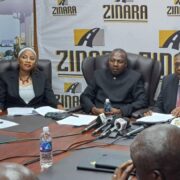



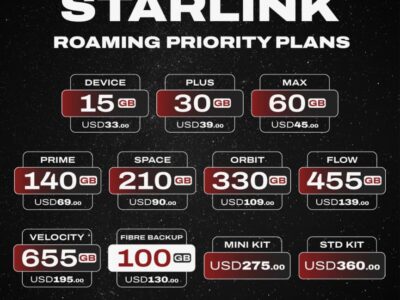
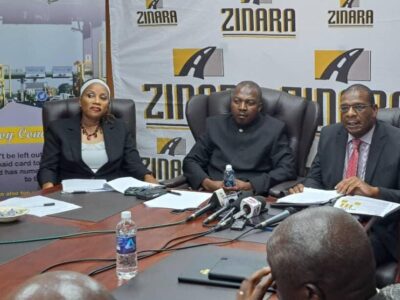
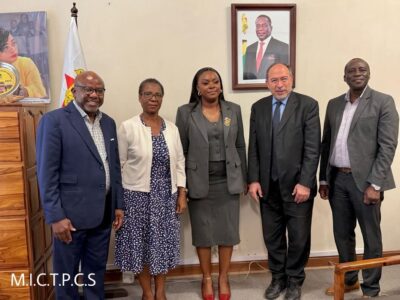
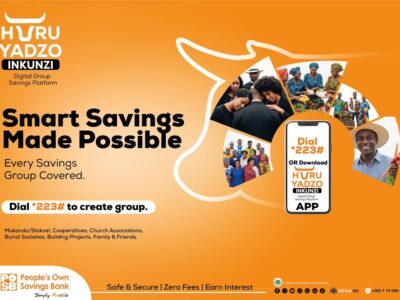



Comments